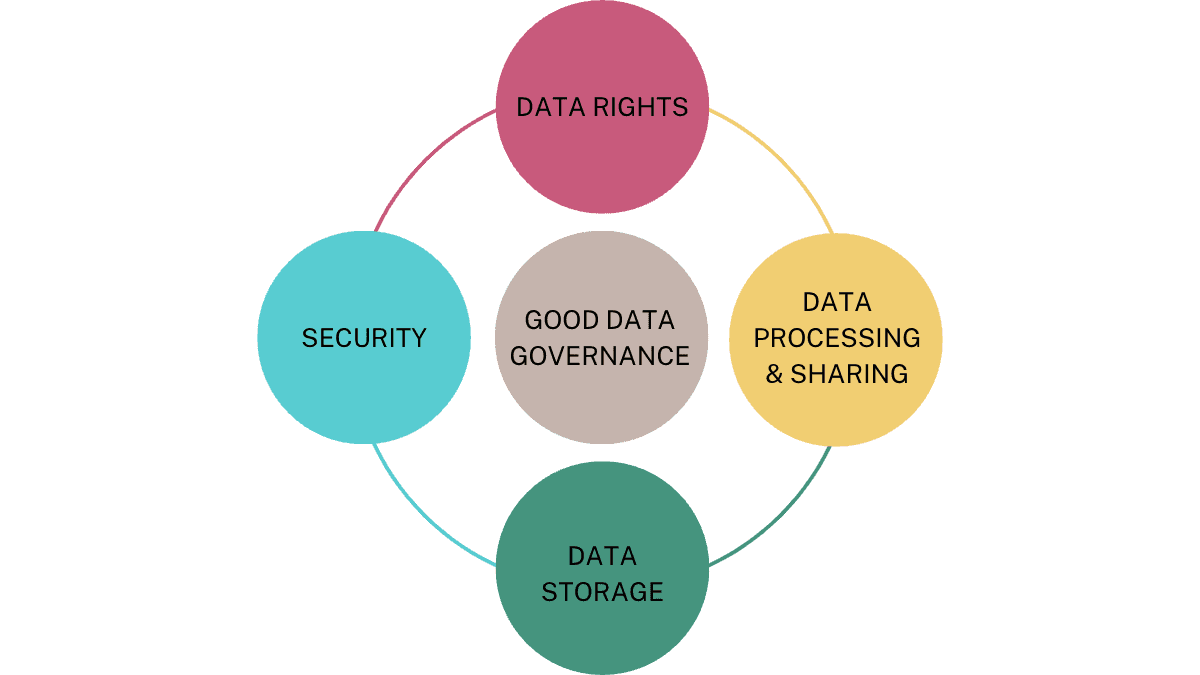What other Countries do when it comes to Farm Data Governance
4th May 2023
The British Farm Data Council was formed by a group of individuals from across the farming industry who believe that greater use of data can help farmers and growers in the UK to improve their productivity, resilience, profitability and sustainability. However, opportunities are not being realised in part due to a lack of trust in an appropriate standard of data governance. In this article we explore systems in other countries that have resonated with the guiding principles we are proposing for the UK.
As part of the initial work of the British Farm Data Council, we conducted landscape surveys of what else is happening on farm data governance in the UK and around the world. Three key examples from Europe, the US and New Zealand had a lot of influence on our thinking in this area.
The European agricultural supply chain, led by COPA-COGECA, put together an EU code of conduct on agricultural data-sharing looking at general principles for sharing agricultural data within the agri-food chain. This non-binding code focussed on contractual relations and provided guidance on the use of agricultural data in three areas:

Although unashamedly focussed on contractual arrangements, the document benefits from having a number of interesting case studies to illustrate not only the principles themselves, but also the advantages of building trust in the process.
Perhaps the closest example philosophically to the Council’s values is Ag Data Transparent, a successful US initiative, and backed by the American Farm Bureau Federation and other farmer-centric groups, that focuses on transparency, simplicity and trust. For accreditation, companies and organisations have to sign up to the following principles:
· Education
· Rights and responsibilities.
· Ownership
· Collection, Access and Control
· Notice
· Transparency and Consistency
· Choice
· Portability
· Terms and Definitions
· Disclosure, Use and Sale Limitation
· Data Retention and Availability
· Contract Termination
· Unlawful or Anti-Competitive Activities
· Liability & Security Safeguard
Accreditation is therefore based on responses to 11 questions and non-compliance is dealt with quickly and efficiency. It seems to be successful with nearly 40 major companies signed up to date.
The third example is the Farm Data Code of Practice in New Zealand. Run by DairyNZ, accreditation is a self-audited process, based on transparent disclosure around

Not surprisingly, their focus to date has been the livestock sector. Nevertheless, we were impressed with their farmer-centric approach to trust and confidence.
What do you think of these examples – are there better ones that reflect UK circumstances better? We have also looked at UK examples for ideas. If you are a farmer or grower, would a company or organisation which signs up to these principles make them a more attractive partner? If you represent a company or organisation, what sort of framework work for you? What problems might you see arise? Contact the Council
Enter your email address to stay up to date with news from Farm Data Principles
